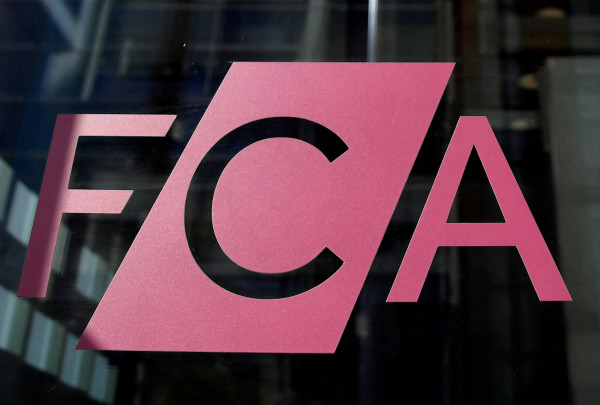It is important to note the customer is not being defaulted into this investment option – they just have to be shown this option upfront.
This offers them a ‘fallback option’ if they do not know what investment choices to make or even how to start thinking about this.
Providers also have to include the default investment option on any menu of investments in a position “most likely to bring it to the attention of clients”. So this is probably going to mean at the top of the list of investment choices.
Who do the rules apply to?
The FCA realises a default investment option is not going to be suitable for all customers, and there are some important exemptions to the rules. These are:
- Bespoke self-invested personal pensions: providers only offering an empty shell, where the customer tells the pension scheme what investments they want to hold within their Sipp wrapper, are exempt.
- Advised customers: if the customer has received a personal recommendation on the investment of their contributions or assets in the pension, they do not have to be offered a default investment option.
- Customers with a discretionary fund manager: the rules do not apply where the customer has appointed an investment manager for the investment of their contributions or assets in the pension.
- Legacy providers: as the default option is offered when taking out a new pension, the rules will not apply to schemes that are closed to new business.
The design of the option
The FCA has rethought its plans to give the default investment option a name and instead will allow schemes to call it what they want. This is welcome news – the ‘standardised investment solution’ hardly sets pulses racing.
But whatever name providers give it, it needs to be obvious what it does and that it is different to other investments.

Providers have to make it clear it is not tailored to individual needs.
Providers have to give a simple description of the fund, and set out what the needs, objectives and characteristics are of the typical non-advised customer who wants a default investment option.
Providers have to make it clear it is not tailored to individual needs.
The default investment option does not have to include lifestyling if that is not appropriate for the target market.
Again, this is good news. Some customers will have a fixed idea of when they want to access the fund, and in this case de-risking may help.
But DIY platform customers are far less likely to have an age in mind, and most probably do not want to buy an annuity but instead continue an active investment strategy.
The rules do not require providers to offer an environmental, social and governance fund as a default option.
But the FCA says providers should take account of ESG when designing their default option and consider whether inclusion will meet the needs and wants of the target market.
Pension schemes will have to review their default options at least once every three years to make sure they still meet the target market’s needs.












